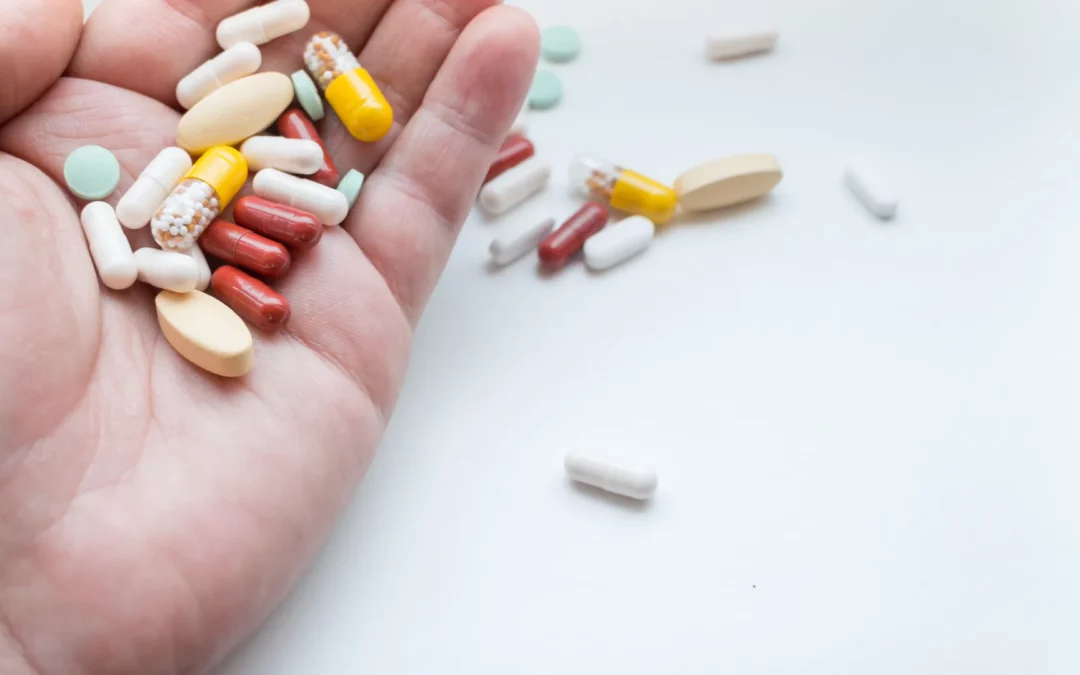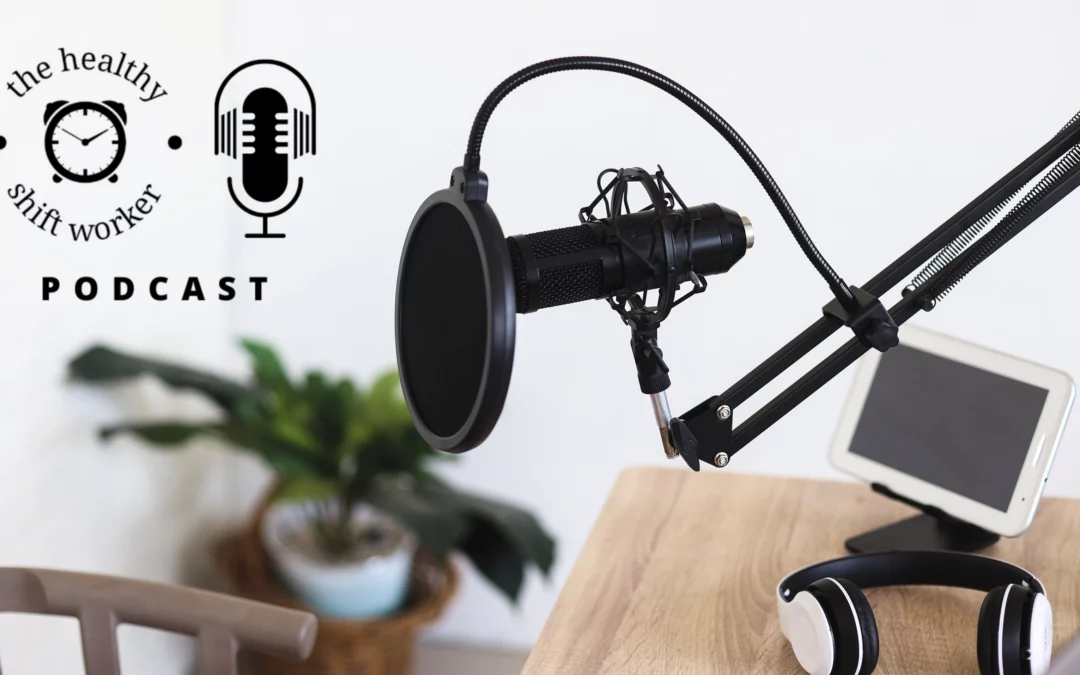
by Audra Starkey | Feb 2, 2022 | Sleep
There is a myriad of drugs that can affect our sleep, some of which include beta-blockers (prescribed for high blood pressure), selective serotonin reuptake inhibitors or SSRI’s (a type of antidepressant) and, ironically, even some which are designed to enhance sleep...

by Audra Starkey | Jan 13, 2020 | De-stress, Sleep
Going to bed stressed will make it near in possible for you to sleep, because the body is in a state of ‘fight or flight’. This fight or flight mode sends a signal to your brain that it’s actually not safe for you to sleep. Quite simply, you need to stay awake to...

by Audra Starkey | Aug 30, 2018 | HSW, Nutrition, Podcast, Sleep
In today’s episode of The Healthy Shift Worker podcast we’re joined by Steph Lowe who is a Sports Nutritionist, triathlete, author and founder of The Natural Nutritionist – a hub for celebrating the importance of real food. Steph talks to us about the importance of...

by Audra Starkey | Aug 2, 2018 | Sleep
Yesterday I was talking to a potential client, who was bit unsure and hesitant about working with me, so I decided to ask her a few questions regarding her current lifestyle habits. Because let’s face it, our diet and lifestyle habits are often one of the firsts thing...

by Audra Starkey | Jun 6, 2018 | Nutrition, Recipes
What’s great about it? Onions are a great source of chromium, which is a trace mineral that helps to stabilise blood sugar by assisting the body to use insulin more effectively. Studies have shown chromium can help to reduce insulin resistance, a condition common in...





